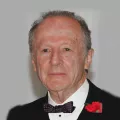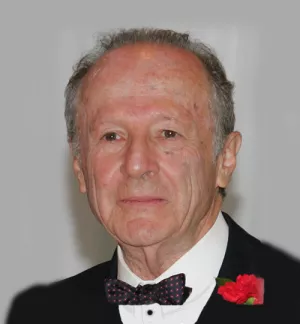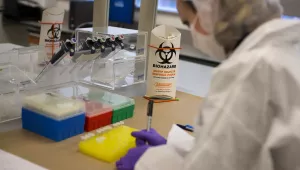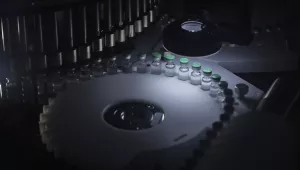"U.S. Secretary of State Alexander Haig, in a speech in West Berlin in September 1981 and in a detailed report to the Congress the following March, charged Soviet-backed Laotian and Vietnamese forces with waging toxin warfare against Hmong resistance fighters and their villages in Laos and against Khmer Rouge soldiers and villages in Cambodia. The charges were repeated with additional details in a further report to the Congress and to the member states of the United Nations in November 1982 by Haig's successor, Secretary of State George Shultz.
The investigation on which the allegation was based, however, failed to employ reliable methods of witness interrogation or of forensic laboratory investigation; it was further marred by the dismissal and withholding of contrary evidence and a lack of independent review. When the evidence for toxin attacks or any other form of chemical/biological warfare (CBW) was subjected to more careful examination, it could not be confirmed or was discredited. In what became known as the "Yellow Rain" affair, these charges — that toxic substances called trichothecenes were used in CBW — were initially pressed vigorously by the U.S. government and, even when the allegations proved unsustainable, they were not withdrawn.
This chapter reviews all of the evidence adduced at the time that is now public, including a large body of material declassified and provided to us and others starting in 1986 under the Freedom of Information Act. The evidence supports explanations of the Yellow Rain events that involve no CBW weapons at all, beyond the use of riot-control agents. Focusing on the evidence rather than the politics of the affair, the chapter seeks lessons that could increase the accuracy and credibility of possible future assessments of alleged or suspected CBW. There is first a historical introduction and then each category of evidence is described and assessed in turn. In the concluding section, the principal lessons drawn from the Yellow Rain episode for investigations of CBW allegations concern the taking and confirmation of testimony from alleged witnesses, the conduct of forensic chemical analysis, and the importance of wide consultation and critical review...."
Meselson, Matthew. “The Yellow Rain Affair: Lessons from a Discredited Allegation.” Stanford University Press, June 2008




